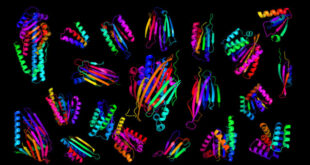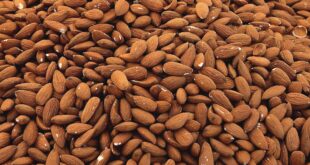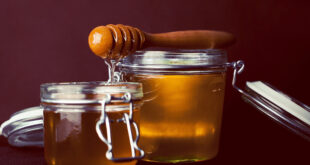In a study published recently in the journal Nutrients, oolong tea and pure caffeine increased fat breakdown by about 20% in the healthy volunteers; oolong tea continued to have an effect while the participants were asleep.
Ingredients in oolong tea can stimulate fat oxidation. Image credit: Sci-News.com.
The various types of tea produced from a single plant species, Camellia sinensis, are distinguished by the processing technique: unoxidized tea as green tea, half-oxidized tea as oolong tea, and fully oxidized tea as black tea.
In the course of oxidation catalyzed by endogenous enzymes, catechins are transformed to polymerized polyphenols, and caffeine is slightly decomposed, alterations that might yield benefits and/or risks on diverse physiologic functions.
Ingesting oolong tea or caffeine acutely increases energy expenditure, and oolong tea, but not caffeine, stimulates fat oxidation.
“Like all teas, oolong contains caffeine, which impacts energy metabolism by increasing our heart rate,” said senior author Professor Kumpei Tokuyama, a researcher in the International Institute for Integrative Sleep Medicine at the University of Tsukuba.
“However, studies suggest that tea consumption may also increase the breakdown of fat, independent of the effects of caffeine.”
“We therefore wanted to examine the effects of oolong consumption versus caffeine alone on energy and fat metabolism among a group of healthy volunteers.”
The study involved 12 non-obese healthy males, aged 20-56 years.
During each 14-day session of the study, the participants consumed oolong tea (100 mg caffeine, 21.4 mg gallic acid, 97 mg catechins and 125 mg polymerized polyphenol), caffeine (100 mg), or placebo at breakfast and lunch.
On day 14 of each session, 24-h indirect calorimetry and polysomnographic sleep recording were performed.
Caffeine and oolong tea increased fat oxidation by about 20% without affecting energy expenditure over 24-h.
The decrease in the respiratory quotient by oolong tea was greater than that by caffeine during sleep.
“The stimulatory effects of oolong tea on fat breakdown during sleep could have real clinical relevance for controlling body weight,” Professor Tokuyama said.
“However, we need to determine whether the effects we observed in the 2-week study translate into actual body fat loss over a prolonged period.”
“In addition, we want to trial a decaffeinated oolong tea to better distinguish the effects of caffeine from other components of tea, which will help us understand exactly how oolong helps with fat breakdown.”
_____
Simeng Zhang et al. 2020. Subacute Ingestion of Caffeine and Oolong Tea Increases Fat Oxidation without Affecting Energy Expenditure and Sleep Architecture: A Randomized, Placebo-Controlled, Double-Blinded Cross-Over Trial. Nutrients 12 (12): 3671; doi: 10.3390/nu12123671
 #Bizwhiznetwork.com Innovation ΛI |Technology News
#Bizwhiznetwork.com Innovation ΛI |Technology News




